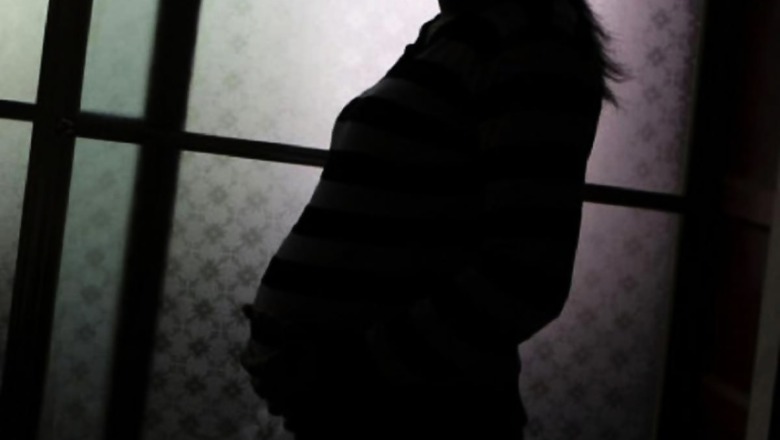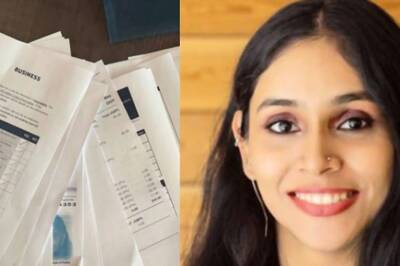
views
Giving birth to another human life can be one of the most overwhelming experiences of a woman?s life. For some women, it can bring about anxiety, self-doubt and depression. According to the World Health Organisation, 30-75% of women suffer from postpartum depression. It can be very challenging for the new mom to deal with such negative emotions and a strong support system is often necessary to help them through it.
What is postpartum depression?
Postpartum depression is a condition which starts to present itself two or more weeks after the birth of the baby. In this condition, the new mom feels tired or depressed all the time. She may burst into tears without any reason. You may find her losing interest in things which used to bring joy to her. She may present with symptoms such as trouble sleeping, continuous feeling of sadness, anxiety, irritability, loss of interest in sex, loss of appetite along with mood swings. Some women may also present with physical symptoms such as headaches, stomach aches and muscle pain.
Most of the women may have a feeling of dissociation with their baby and they may doubt their ability to take care of their newborn. Postpartum depression can occur in anyone but women with a previous history of depression or with a family history of mental illness are more prone to it.
Not many people know that postpartum depression can also occur in men, known as paternal postpartum depression. They may get the feeling of sadness all the time due to repressing their feelings or due to the societal pressure to be strong for their young family.
What can be done to deal with postpartum depression?
Unfortunately, postpartum depression can go unnoticed by the family pretty often and so it goes away on its own with time. However, in some diagnosed cases, the doctor may prescribe antidepressants along with psychiatric counselling. Here is what the family and friends can do to help:
- In order to deal with the condition, women need to talk about their feelings to either their doctor, partner or a friend they trust. They must be reminded that it’s okay to feel dissociated with their baby. The family, friends and medical caregivers should help the mother in taking care of the newborn.
- The partner may be overwhelmed as well, they need to look out not only for the baby but for the mother as well. They should keep an eye out for any signs of postpartum depression such as feeling depressed, detached or extremely irritated.
- The family should not shame the new mom for wanting to take rest, going out, eating something of her own choice or asking for help. They need to understand that her hormones are imbalanced right now and she needs help. The family should be patient, loving and caring towards the new mom.
For more information, read our article on Postpartum Depression.
Health articles on News18 are written by myUpchar.com, India’s first and biggest resource for verified medical information. At myUpchar, researchers and journalists work with doctors to bring you information on all things health.
Read all the Latest News and Breaking News here




















Comments
0 comment